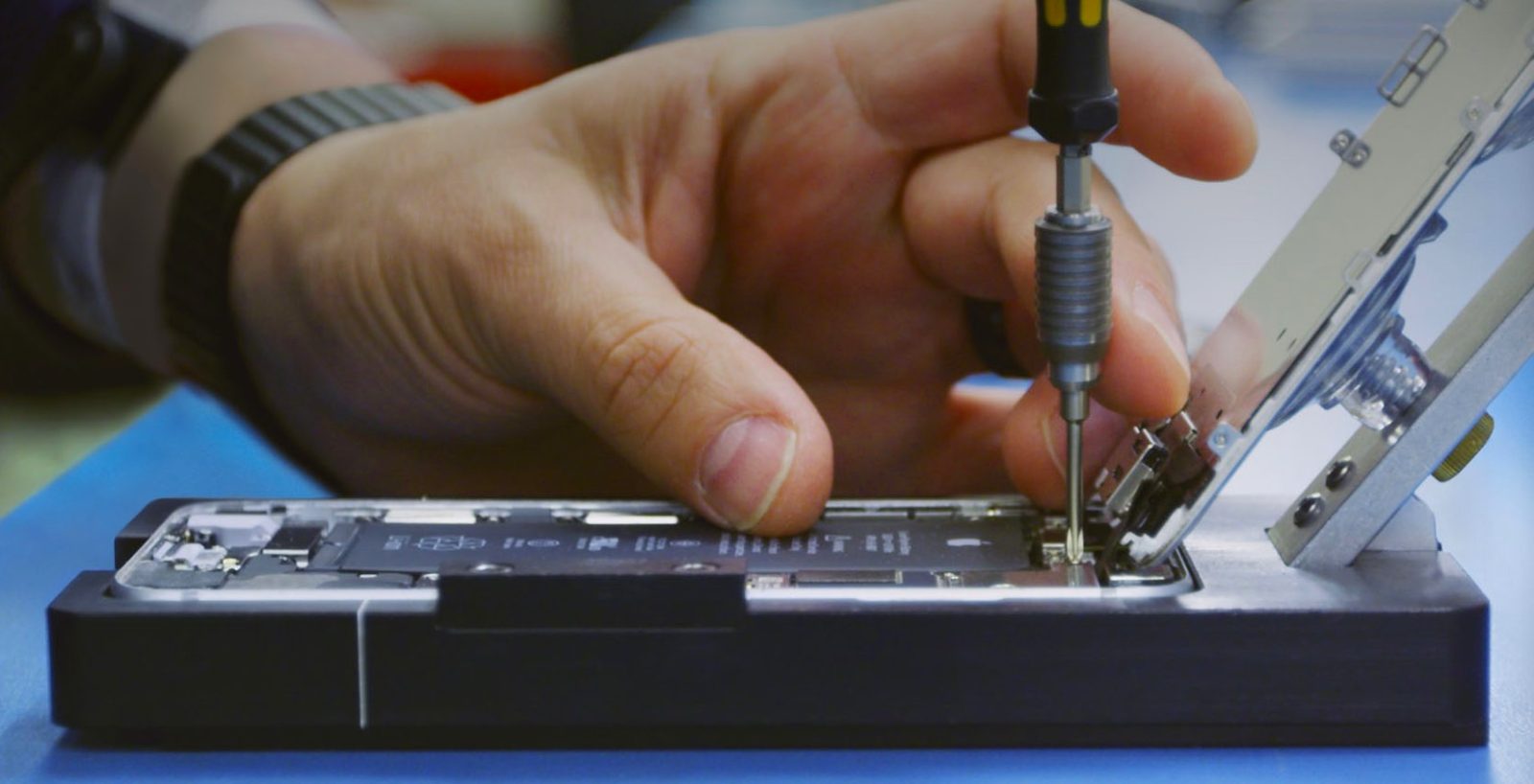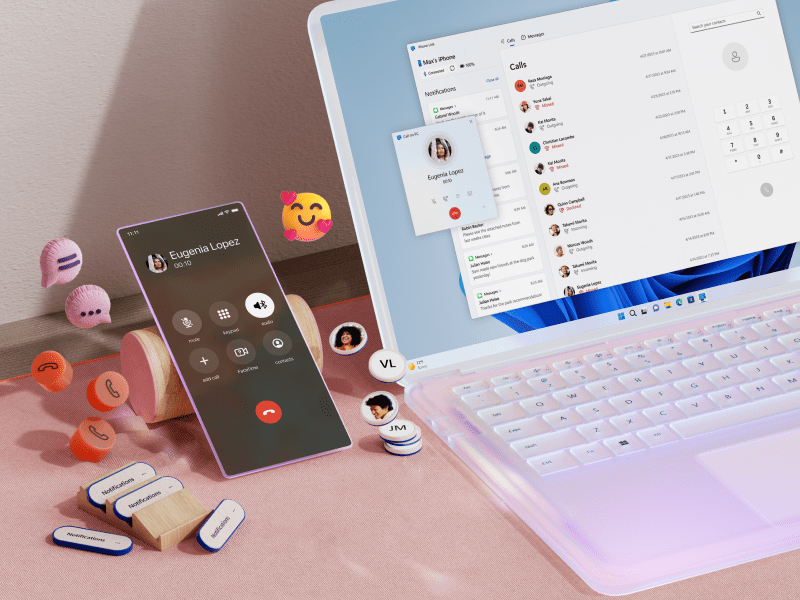

Apple is facing a new probe from regulators in France over alleged product obsolesce. As reported by the French news outlet AFP News and confirmed by Reuters, the investigation started back in December 2022 and is related to Apple’s practice of tying the serial numbers of repair parts to the serial number of iPhones, iPads, and Macs.
As reported by AFP News, the investigation was kickstarted following a complaint from the “Stop Planned Obsolescence” association, often referred to as the HOP association. In its complaint, the association targets Apple’s serialized repair policy, saying that the company is “associating the serial numbers of spare parts to those of a smartphone.”
In a follow-up statement to Reuters, a spokesperson for the Paris prosecutor in France confirmed the judicial investigation and confirmed that the investigation was prompted by a complaint from the HOP association. “Following a complaint, an investigation was opened in December 2022 into deceptive marketing practices and programmed obsolescence,” the prosecutor said.
In a translated version of the complaint posted to its website, HOP outlined its issues with the practice of serialization of repair parts:
This new complaint targets an increasingly widespread practice [By Apple]: serialization (also known as “pairing”), which consists of associating the serial numbers of the components and peripherals of a product with that of the iPhone, in particular, via microchips. This practice has recently affected the parts most frequently subjected to breakdowns (screens, battery, camera…).
It allows the manufacturer to limit repair possibilities, especially for unapproved repairers. In many cases documented in the complaint, malfunctions are found in cases where the device is repaired with a part, even identical and original, not authorized by Apple software. These can also be triggered during an update (as in the recent case of a touch screen repaired on an iPhone XR made unusable after the iOS 16 update). While a simple return to iOS15 corrects this failure, Apple does not authorize it, preferring to incriminate a “non-original Apple screen that causes a touch problem”.
These practices violate not only the right to repair, but also the development of smartphone reconditioning, insofar as devices put back into circulation may suffer current or future malfunctions.
Apple’s Self Service Repair program, which launched in France last December, requires that customers enter the serial number of the iPhone for which they are buying the parts. The input serial number must match the serial number of the returned part in order to get the returned part credit from Apple.
While Apple’s Self Service Repair program has been praised as being a step in the right direction, it’s clearly something that needs additional work – as we pointed out in our coverage last May.
Follow Chance: Twitter, Instagram, and Mastodon
FTC: We use income earning auto affiliate links. More.







